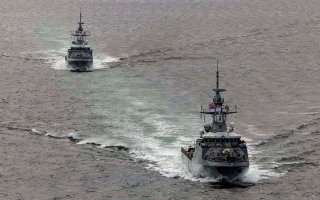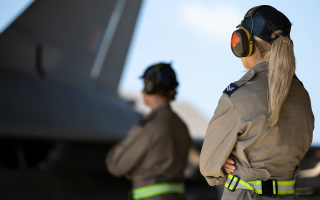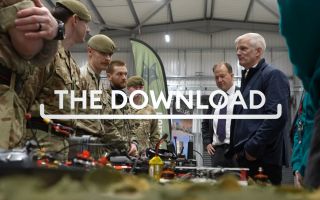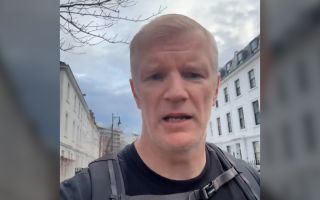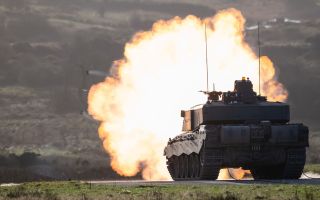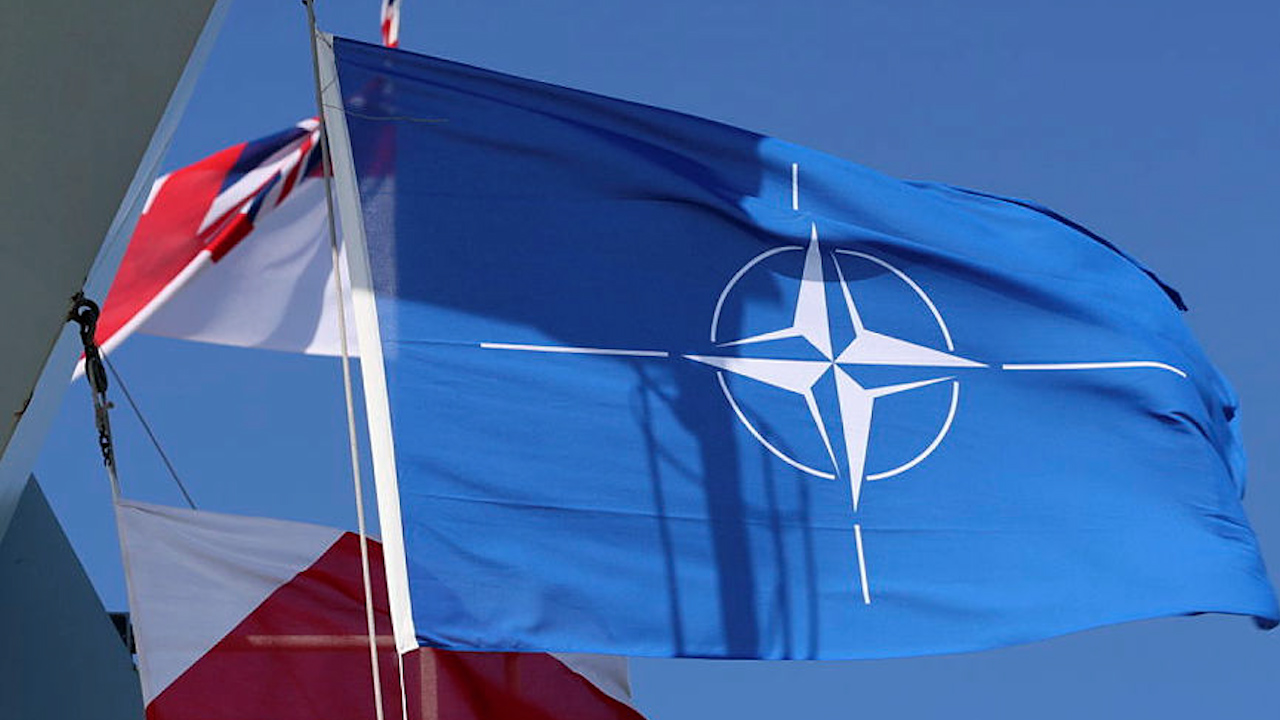
Sitrep: What happens during Nato summits after the doors are closed?

In July, Nato will hold this year's summit in Washington.
Heads of state from across the alliance will head to the US capital with ambassadors, foreign secretaries, military chiefs and advisors in tow.
But what happens when the door shuts and the summit starts?
- Sitrep: Put Brits in Ukraine to train forces and turn tide in war with Russia, Heappey says
- Sitrep: Is the defence spending increase as big as it seems and where will the money go?
- Sitrep: Russian poisoning unit's fingerprints 'all over' mysterious Havana Syndrome
Well, Lord Peter Ricketts was on the latest episode of the Sitrep podcast – which analyses the top defence stories of the week and is available wherever you get your podcasts.
With a 42-year Government career, which included three years as the UK's ambassador to Nato, four years in charge of the Foreign Office and two years as the UK's first national security advisors, Lord Ricketts is familiar with the format of a Nato summit.
He said it is fundamentally "extremely boring", with leaders trying to get out of the room as quickly as possible.
He also said the main points will be set ahead of the meeting, but that does not mean it is the only business on the agenda.
"The real value of the summit is, of course, this is a forcing event, obliging everyone to reach agreement, even on issues where there are differences," he explained.
"And then all the margins, opportunities where leaders have coffees and teas and late-night drinks together and can sort out some of the most tricky problems like that."
Lord Ricketts also explained that after the main talkers have finished "people start peeling off".
"They leave their ambassador in the chair while they go off and have bilaterals," he said.
"They have little huddles. They advance business outside the room. What happens in the room is the sort of formal ceremonial part of a Nato summit, if you like, all pre-scripted.
"And then what happens off the stage round the back, sorting out difficulties, strong-arming people who may have objections to one or other point in the summit communiqué.
"That's where the real action is.
"You try not to stay in the room longer than you can if you're a leader."
He also explained the military leaders do not dictate the Nato summit, which is instead a "civilian-led process".
"The drafting and the choice of priorities is done in the government listening to the advice of the military people, but they're not in the front seat here," he said.
"They're in a second row seat ready to prompt their leaders or answer questions if they come up during the summit.
"But essentially, this is the civilian governments setting the strategy and the direction with advice from the military folk."
So what is on the agenda for Washington?
Sitrep's resident expert Professor Michael Clarke believes there are three main points for the summit in Nato's 75th year: spending, military readiness and a north-south divide in the alliance.
"What will attract a lot of attention, I'm sure, is spending: what are the commitments to spending on defence among the Nato members? That's what a lot of people will focus on and certainly Americans will focus on," he said.
"And then behind that is a more complex issue of readiness.
"What about the military readiness of this alliance and what it's got and what it can put into place for genuine deterrence of a conventional war in Europe?
"It makes lots of statements. It's getting there, but not fast enough."
Finally, Prof Clarke said: "People don't really want to talk about… the increasing difference, it seems to me, between the northern agenda and the southern agenda within Nato.
"At 32 countries, Nato's a very big alliance and that difference between what is intrinsic to the northern members and what is intrinsically important to the southern members, I don't think has ever been so great.
"I think that will be the third level, the sort of informal soundings out that Peter [Lord Ricketts] was talking about, I think will be very much on those issues."
Lord Ricketts added that Ukraine will inevitably be on the agenda, with last year's summit "defined by Zelensky being extremely angry that he didn't get a formal invitation to start the process of Ukraine accession to Nato".
However, he added the Ukrainian President would not receive an invite this year either.
"The public outcome of the summit, how the press tent reacts to it, will be very much determined by whether Zelensky accepts that and makes the best of it and comes out saying 'nonetheless, it was a real success for Ukraine', or once again gets angry and says 'this is disgraceful, that I deserve better with Ukrainians fighting and dying'," he said.
"I think [Secretary General Jens] Stoltenberg and the other leaders will be scrambling to produce whatever they can to show that Nato remains deadly serious about supporting Ukraine."
You can listen to Sitrep wherever you get your podcasts, including on the Forces News YouTube channel.



